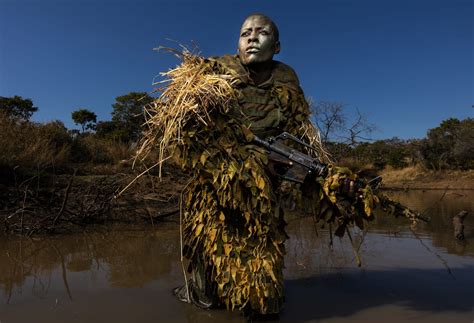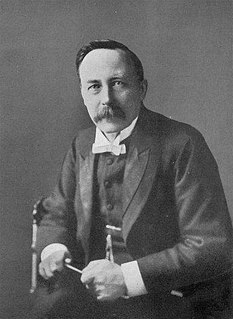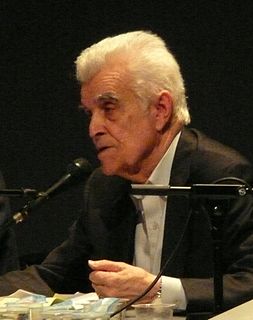A Quote by Pope Benedict XVI
Ultimately, in the battle against lies and violence, truth and love have no other weapon than the witness of suffering.
Related Quotes
Had we adopted non-violence as the weapon of the strong, because we realised that it was more effective than any other weapon, in fact the mightiest force in the world, we would have made use of its full potency and not have discarded it as soon as the fight against the British was over or we were in a position to wield conventional weapons. But as I have already said, we adopted it out of our helplessness. If we had the atom bomb, we would have used it against the British.
At some point, we have each said through our tears, “I’m suffering for a love that’s not worth it.” We suffer because we feel we are giving more than we receive. We suffer because our love is going unrecognized. We suffer because we are unable to impose our own rules. But ultimately there is no good reason for our suffering, for in every love lies the seed of our growth.
In the application of Satyagraha, I discovered, in the earliest stages, that pursuit of Truth did not admit of violence being inflicted on one's opponent, but that he must be weaned from error by patience and sympathy. For, what appears to be truth to the one may appear to be error to the other. And patience means self-suffering. So the doctrine came to mean vindication of Truth, not by infliction of suffering on the opponent but one's own self.
I always felt called to serve, to empower and ennoble as many people as I could, teaching, truth-telling, exposing lies, bearing witness, and being willing to live and die for something bigger than yourself. I had a passion and love of learning and wisdom that was inseparable from a love of music and the arts.
I still remain convinced that truth, love, peaceableness, meekness, and kindness are the violence which can master all other violence. The world will be theirs as soon as ever a sufficient number of people with purity of heart, with strength, and with perseverance think and live out the thoughts of love and truth, of meekness and peaceableness.
The essence of love and compassion is understanding, the ability to recognize the physical, material, and psychological suffering of others, to put ourselves "inside the skin" of the other. We "go inside" their body, feelings, and mental formations, and witness for ourselves their suffering. Shallow observation as an outsider is not enough to see their suffering. We must become one with the subject of our observation. When we are in contact with another's suffering, a feeling of compassion is born in us. Compassion means, literally, "to suffer with."
It is suggested that in domestic violence at least the presence or absence of a firearm, or of any other type of weapon, is of far less importance to the outcome than the passion generated in the attacker. The man who has lost control will cause serious injuries in many cases, quite irrespective of the weapon he uses and regardless of the certainty of detections and punishment.
Violence is the gold standard, the reserve that guarantees order. In actuality, it is better than a gold standard, because violence has universal value. Violence transcends the quirks of philosophy, religion, technology, and culture. () It's time to quit worrying and learn to love the battle axe. History teaches us that if we don't, someone else will.
The phrase "It's absolutely the same with me, I..." seems to be an approving echo, a way of continuing the other's thought, but that is an illusion: in reality it is a brute revolt against a brutal violence, an effort to free our own ear from bondage and to occupy the enemy's ear by force. Because all of man's life among his kind is nothing other than a battle to seize the ear of others.



































